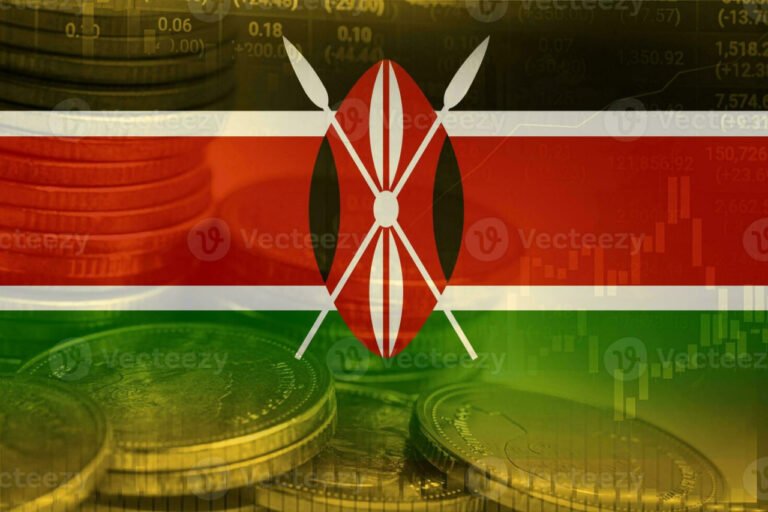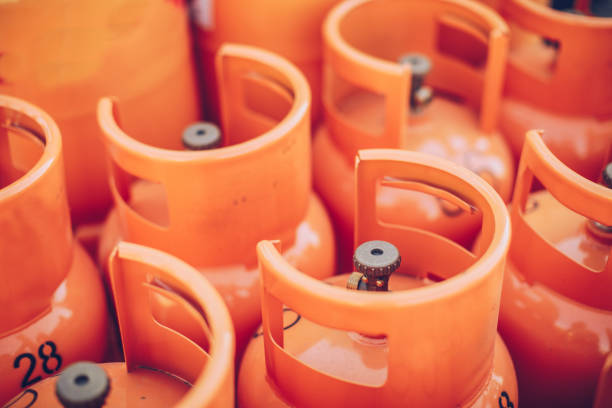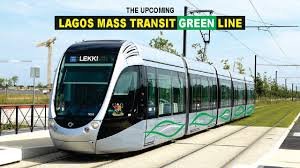Dangote Petroleum Refinery’s bold move to launch direct nationwide distribution of petrol and diesel is set to reshape Nigeria’s downstream petroleum industry.
Starting August 15, 2025, this initiative promises to disrupt traditional supply chains, raising concerns among depot owners and intermediaries.
The Petroleum Products Retail Outlets Owners Association of Nigeria has voiced fears over potential job losses due to Dangote’s strategy. PETROAN President Gillis-Harry warned that unchecked operations by a giant like Dangote could drive smaller players out of business entirely.
Also Read:
- Alhaji Aliko Dangote Retires as Chairman of Dangote Sugar Refinery
- Africa's Richest Man Aliko Dangote Loses $397 Million in a Day Following Dangote Cement…
- How Much Dangote is Worth and Who Are the Top 5 Shareholders of Dangote Sugar Refinery
- Dangote Refinery Petrol: Marketers to Start Lifting Dangote Petrol On Sunday at N765.99 Per Litre
To facilitate this plan, Dangote Refinery has deployed 4,000 new Compressed Natural Gas (CNG)-powered tankers for free fuel delivery across Nigeria. This fleet will directly supply petrol stations, manufacturers, aviation companies, telecom firms, and other bulk fuel users, bypassing traditional depot networks.
Dangote’s innovative approach includes offering free logistics to reduce operational costs for retailers, a move designed to enhance market penetration. Additionally, dealers purchasing at least 500,000 liters of gasoline can access an equivalent volume on credit for two weeks.
This credit facility aims to incentivize bulk purchases while streamlining the fuel supply chain for efficiency. However, it poses a significant threat to private depot owners who have long profited as intermediaries in Nigeria’s petroleum distribution network.
Dangote Refinery’s strategy aligns with its broader mission to promote sustainability and economic development in Nigeria. By eliminating logistics costs and leveraging CNG-powered tankers, the refinery aims to enhance energy efficiency and reduce environmental impact.
The initiative’s scale and incentives could marginalize existing depot owners, disrupting decades-old business models in the downstream sector. PETROAN’s concerns highlight the tension between innovation-driven efficiency and the preservation of traditional industry roles.






















